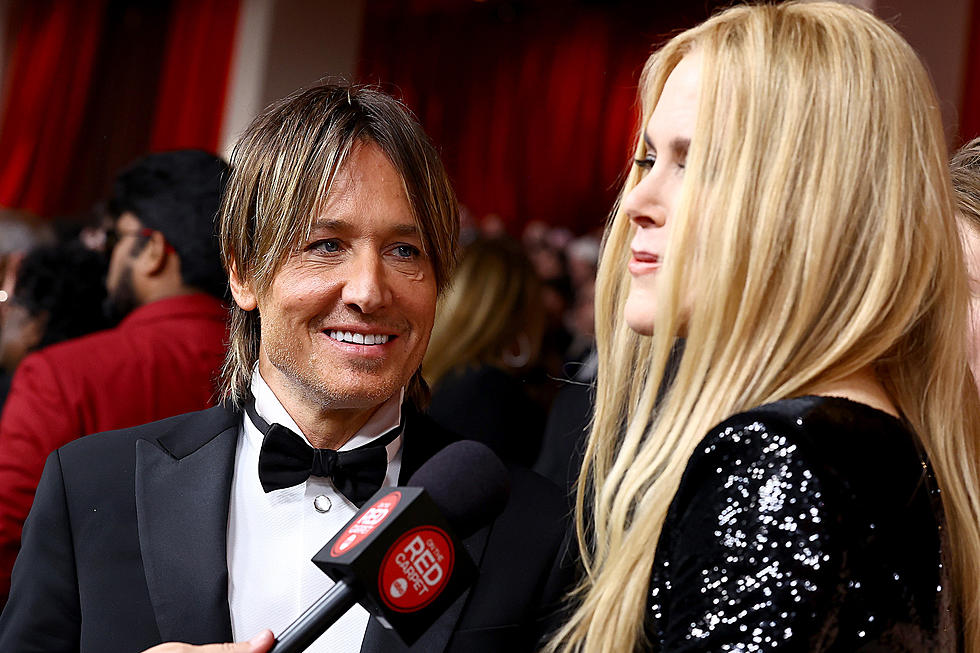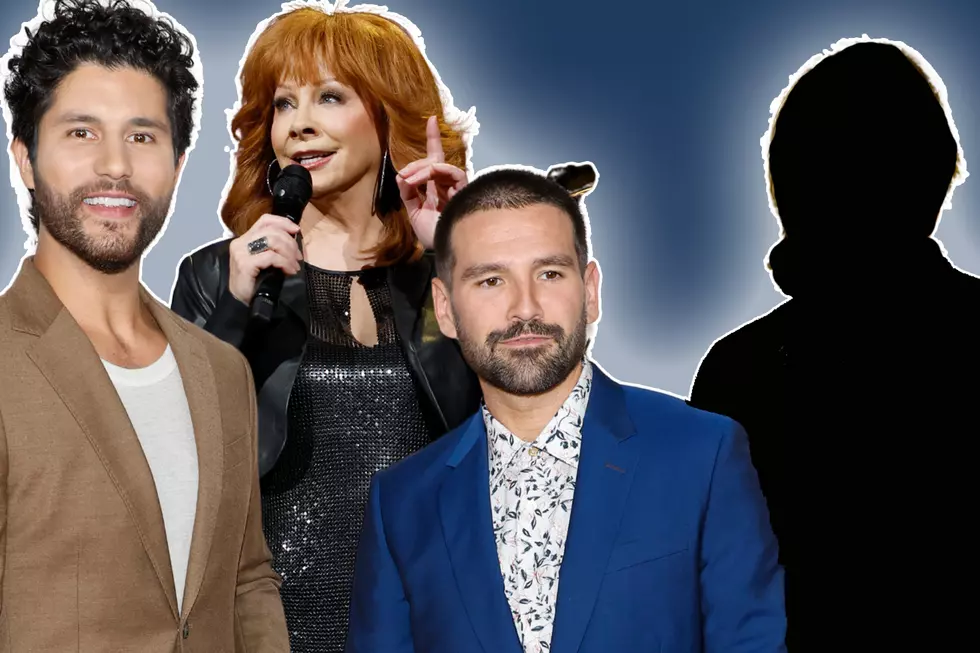Keith Urban’s ‘Female’ Isn’t Intended to Be a #MeToo Anthem
The release of Keith Urban's "Female" syncs well with the #MeToo viral campaign that followed accusations against dozens of high-profile actors, entertainment executives and (in the case of country music) publicists. But that wasn't the point.
In fact, writer Nicolle Galyon tells Taste of Country that even though this song was written days after accusations against Harvey Weinstein became public, the writers weren't thinking about that, at all. They didn't dare to dream Urban might cut it, because they didn't have time to consider that anyone would want to record it. It was a rare case of art being the finished product, not the commercialism of art.
"I couldn't be less inspired by Harvey Weinstein," she says. "It was purely for us wanting to say something. Then it just happened that the perfect artist wanted to say it too." In addition to co-writing the song, Galyon also joins Nicole Kidman as a backing vocalist.
To best understand that concept and the song, you have to understand Galyon's relationship with co-writers Ross Copperman and Shane McAnally. They're longtime friends and parents who spend as much time talking about family in a writing room as they do the music business.
"Our daughters are friends," Galyon says. "Our daughters play together and trick-or-treat together. We would get teary-eyed when we would think of lines and think about our daughters ..."
McAnally had the title, and when he shared it, all three knew immediately what song they needed to write. There were deep conversations about what it's like to be a female today, with each reflecting on the women in their lives for influence and inspiration. In fact, once they got the finished demo back, Galyon said she sent several group texts to her friends, her mom's friends and college friends.
"I got a text yesterday from a friend who said, 'My wife is dilated at 9 inches and she's about to push and she just asked for them to play 'Female' because that's what she wants ... when she delivers our baby girl. She wanted to feel empowered," she shares.
The pivotal lyric of "Female" was McAnally's idea, Galyon says. The "skirt line" was a cornerstone for the song and moved around in creation. It's somewhat remarkable that a man could be so in tune with a women's point of view, but Galyon explains that during a co-write there's a shared feeling that bridges any gender gap. Besides, both McAnally and Copperman have been here before — they co-wrote and produced (respectively) Dierks Bentley's "Different for Girls," an empowering hit in 2016.
"When somebody laughs and implies that she asked for it / Just cause she was wearing a skirt / Oh is that how that works," Urban sings in the "Female" lyrics.
Like "Different for Girls," "Female" has drawn some criticism for being too simplistic. Last week The Late Show host Stephen Colbert called Urban a "soul patch safe space" before mocking the ballad by insinuating it was man-splaining defined.
Galyon says she hadn't heard Colbert's criticisms, so she wouldn't comment. She did say that the euphoria of the last month's journey will rise up against any amount of social media trolling, however. It's extremely rare for a song to go from the writing room to the CMA Awards stage in less than a month. Add in the positive impact the song has already had on girls and women she knows, and she's good with whatever direction the conversation takes. That sentiment seems to be shared by Urban.
"It’s none of my business what a song does after (it’s recorded)," he tells Billboard. "For me, it’s not the result, it’s the process."
Country's Most Powerful Women? Who's Your No. 1?
More From Taste of Country









